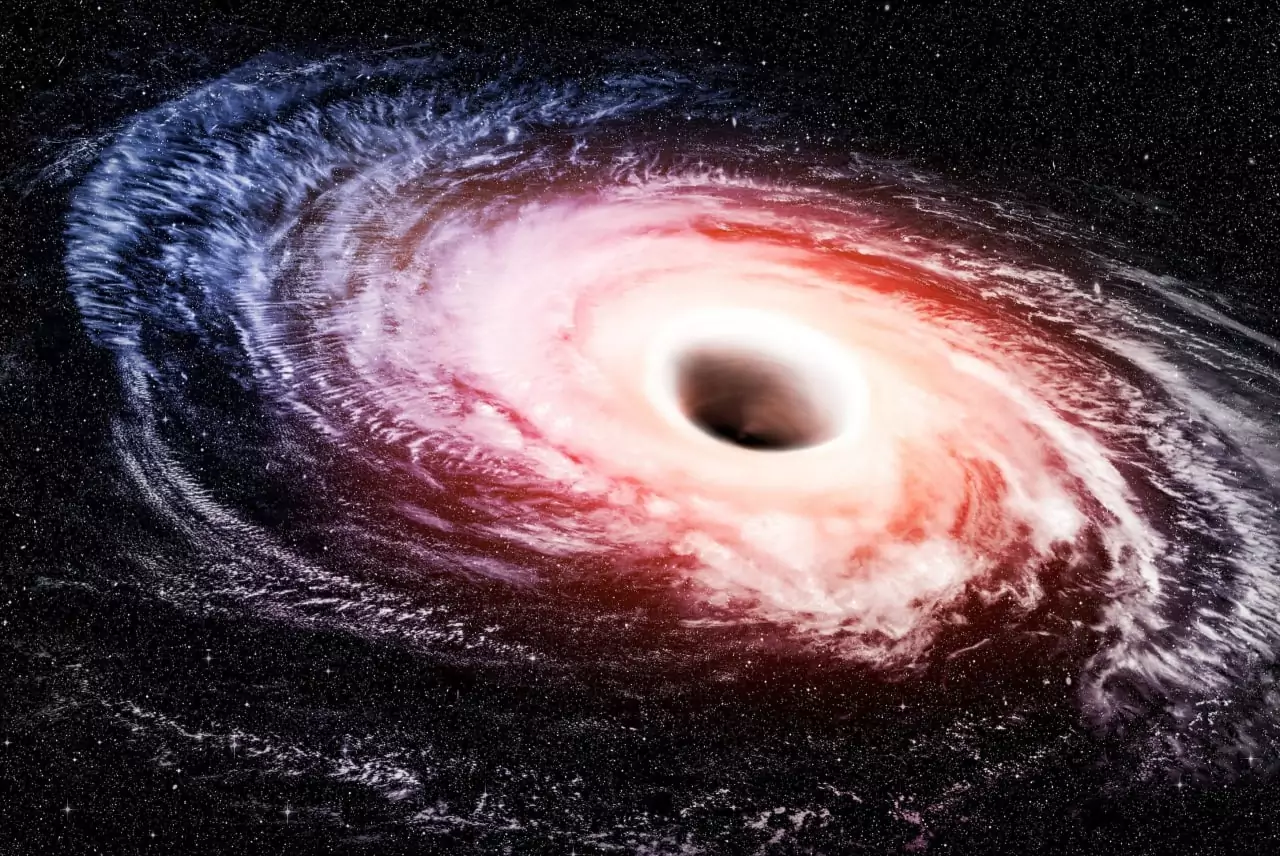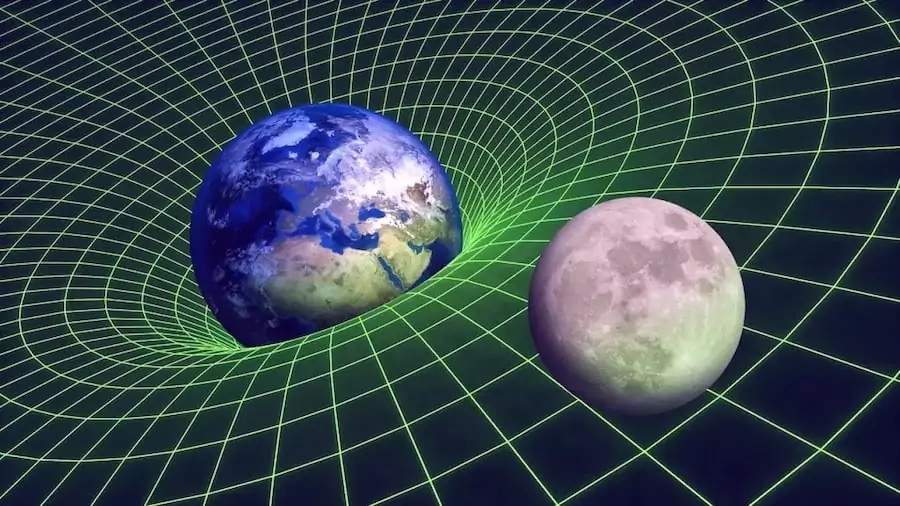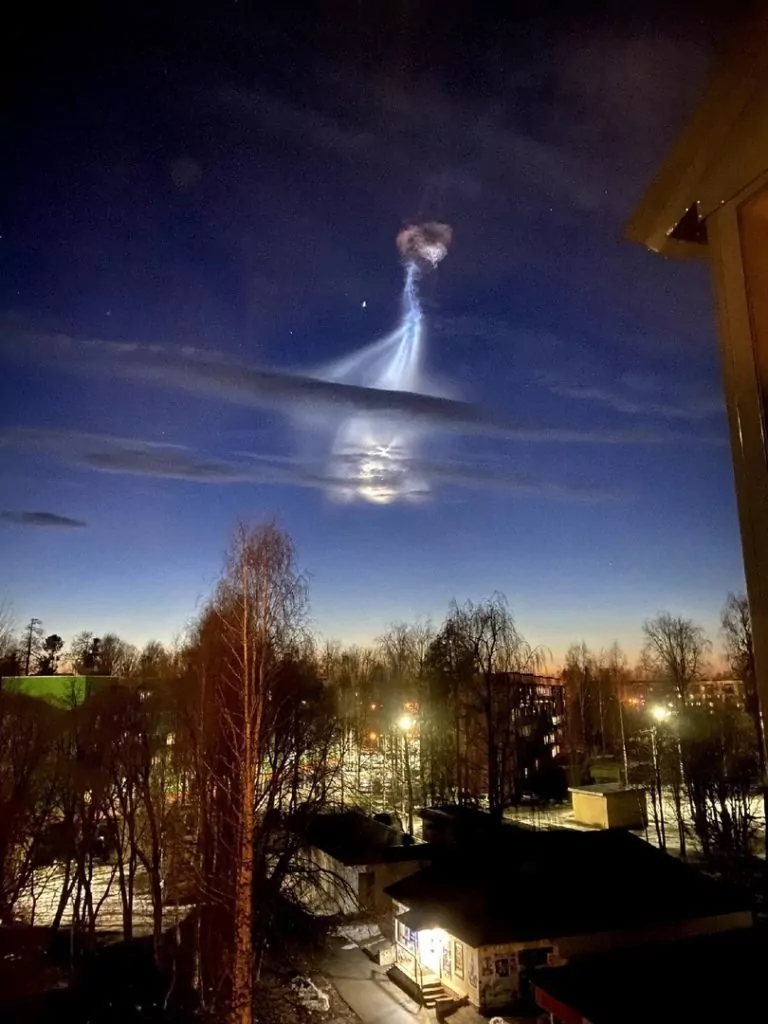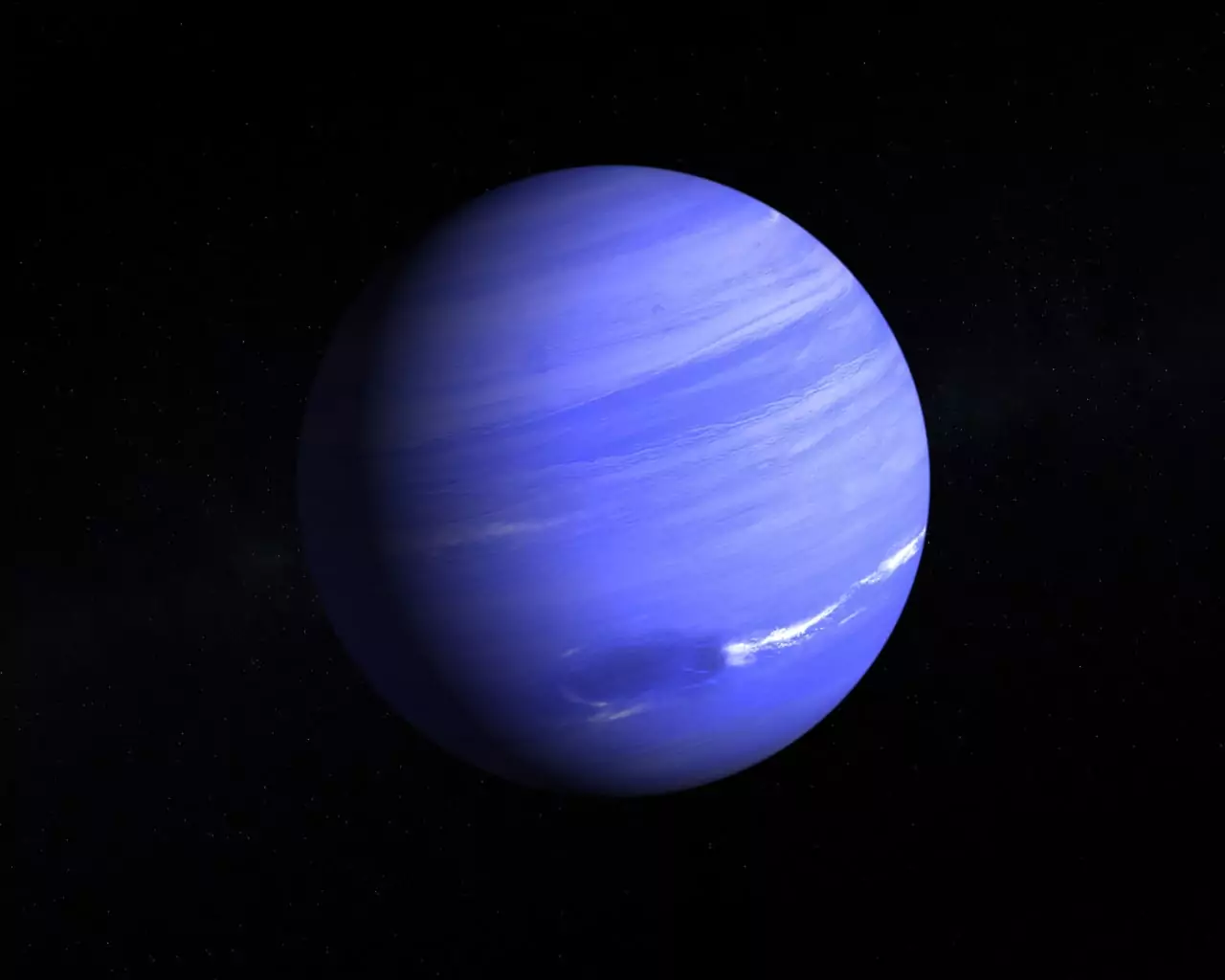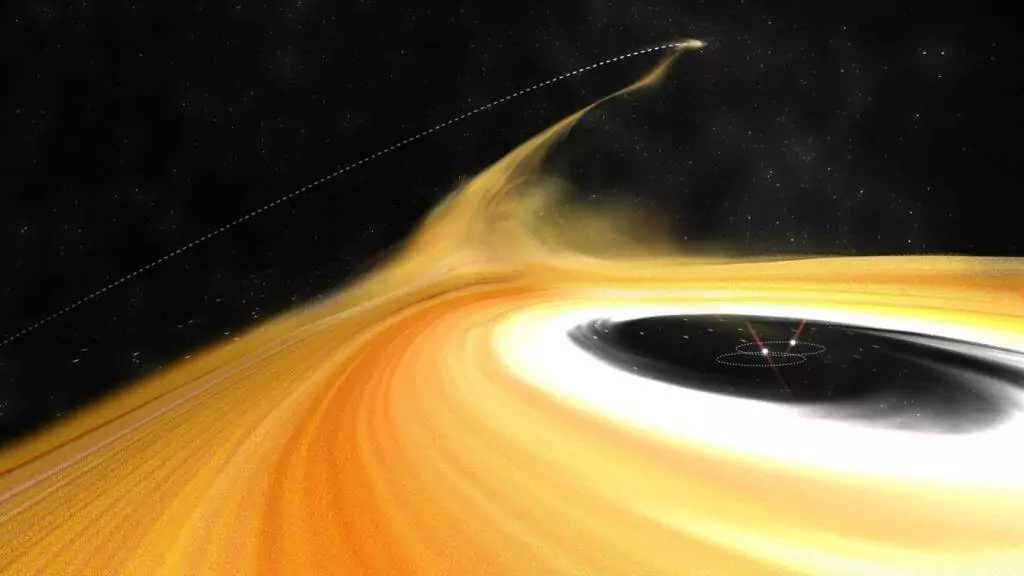-
If light cannot leave the event horizon of a black hole, why does gravity leave it?

If we use only General Relativity, then gravity never leaves the event horizon. The mass of a black hole in the process of its evolution can only increase. However, the situation changes if we try to use quantum physics. However, it should be taken into account that there is no full-fledged theory of quantum gravity…
-
Does the Earth’s gravitational field rotate?

This is quite an interesting question actually. How can we usually judge the rotation of some abstract field? By moving its power lines. However, the problem is that no one has ever seen the lines of force of the earth’s gravitational field (and indeed any gravitational field), no instruments have registered, and it is difficult…
-
Dyson Spheres

In 2015, astronomer Tabeta Boyajian and her colleagues reported that a star at a distance of 1400 light-years from us sometimes dims quite a lot, which initially seemed extremely unusual. One explanation was the assumption that the luminary is surrounded by a Dyson sphere. The idea, proposed many years ago by physicist Freeman Dyson, is…
-
Is it possible in the near future to launch a payload into space without using rockets?

In the near future, i.e. in 10-30 years, most likely nothing will change. The old grandfather’s method of using chemical-fueled rocket engines to detach from the Earth’s surface has proven itself perfectly, and fundamentally new methods are not being worked out yet. Perhaps the rocket method has only one drawback — the cost, a huge…
-
Aliens look almost the same as humans

More and more complex molecules are found in meteorites that have fallen to Earth. And now a new study by Japanese scientists reports that all the key «letters» of the genetic alphabet, DNA and RNA have been found in the heavenly stones. But what is the genetic alphabet? These are adenine, guanine, cytosine, thymine and…
-
A space jellyfish appeared in space above the Earth

After the launch of the Agnara-1 rocket.2″ a rare phenomenon appeared in the sky from the Plesetsk cosmodrome. The trail of the space jellyfish hung for quite a long time. The jellyfish bloomed high in space, so if there was cloud cover, no one would have noticed it. Space jellyfish is a phenomenon associated with…
-
Mysterious temperature fluctuations recorded on Neptune

An international team of astronomers has recorded mysterious fluctuations in Neptune’s overall temperature, followed by a sharp warming of the south pole. The findings of the study are published in The Planetary Science Journal. Experts analyzed infrared images of the most distant planet in the solar system, which were obtained over 17 years. It turned…
-
Scientists have discovered traces of extraterrestrial life inside a meteorite

Inside the Orgay meteorite that fell in 1864 in France, scientists have found traces of extraterrestrial life — ancient microorganisms that presumably existed before the Earth formed. When Orgei fell to Earth, scientists who studied the meteorite began to find traces of organic matter in it, but then few people believed in it. Many felt…
-
Astronomers have caught a phenomenon that was previously predicted only theoretically — the passage of one star through the system of another

During the invasion, the “violator” caused disturbances in the protoplanetary disk of the “victim” and pulled out some of the dust and gas from it, creating an extended tail. The double star Z Canis Major, which was «attacked», is located at 3750 sv. years from the Earth, and the age is estimated at 300 thousand…
-
The Tunguska meteorite turned out to be a weighty curiosity

The Tunguska meteorite is a celestial body that fell in Siberia in the Podkamennaya Tunguska valley in 1908. This phenomenon is strange, first of all, because the search expeditions that have repeatedly worked at the crash site since the 1920s have not been able to find the remains of the meteorite itself. All that remained…
